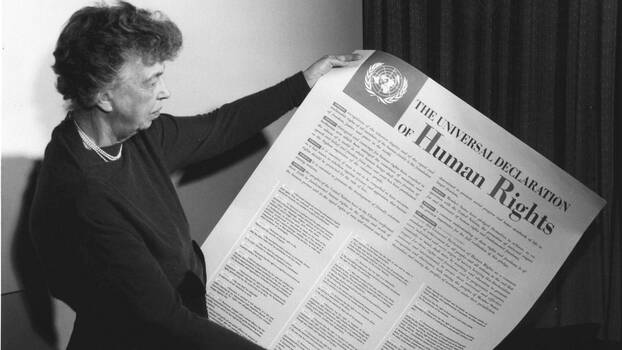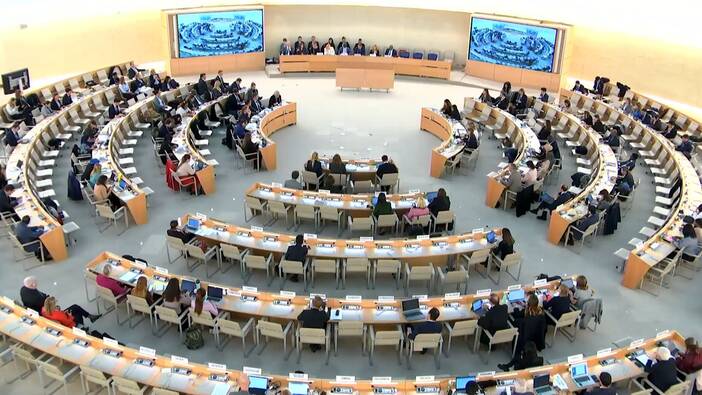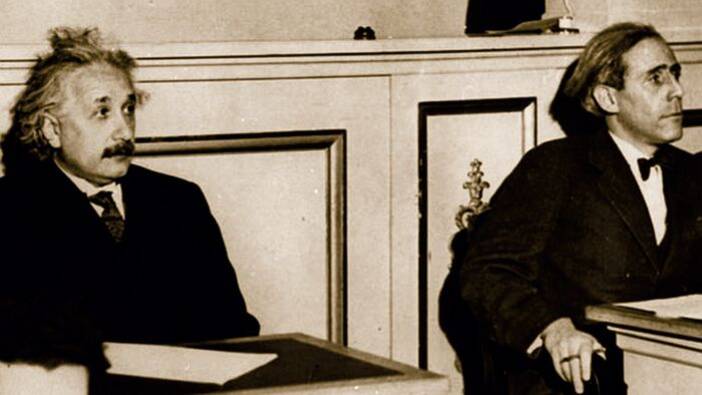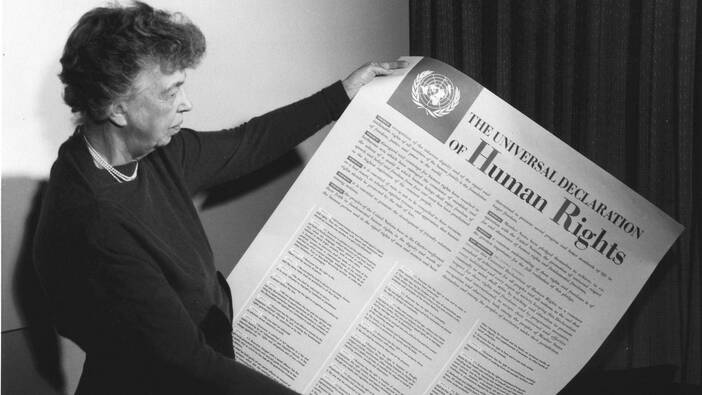
These days, discussions of human rights often include the phrase “are being trampled”. This text is being written at a time when the Gaza Strip has been under unrelenting bombardment for over 40 days. It recognizes the anniversary of the Declaration of Human Rights at a time when people are being deprived of their rights and killed in the Congo and many other places around the world.
Sukayna El-Zayat is a project manager in the International Politics Unit at the Rosa Luxemburg Foundation’s Centre for Dialogue and Cooperation in Berlin.
Looking closer to home also reveals a less than satisfying situation: this year, Germany was included in the list of countries where freedom of expression and assembly are under threat for the first time. It is not easy to have hopeful thoughts about human rights in times like these, when it is so obvious that documents such as the Universal Declaration of Human Rights remain an unfulfilled promise.
On 10 December 1948, the international community adopted the Universal Declaration of Human Rights, a milestone for fundamental freedoms. The seventy-fifth anniversary of this event also emphasizes Germany’s responsibility to defend human rights in times of social and political upheaval.
The discussion around human rights in Germany relates to the developments after World War II. The terrible injustice of World War II was the catalyst to ensure that there would never again be a repetition. West Germany focused heavily on on individual freedoms, while in East Germany, social and economic rights were emphasized. The reunification of Germany thus brought together different approaches to human rights, leading to an ongoing debate about the best way to achieve a fairer and more just society.
One example of the current debate in Germany is the German Supply Chain Act, which was passed in 2021. This law aims to combat human rights violations and environmental impacts in transnational supply chains by holding companies accountable. It aims to ensure that companies can be held liable for human rights violations. This is a major step towards ensuring that human rights are also respected in economic contexts. Similar legislation is currently being negotiated at the EU and UN level.
Another much-debated example of the global implications of human rights is European external border policies. The European Union has an obligation to respect and protect the human rights of refugees and asylum seekers. Unfortunately, in recent years we have seen an alarming development whereby these obligations are neglected and systematically undermined. People are detained in undignified conditions, families are torn apart, and the right to asylum is constantly questioned. The criminalization of sea rescue is now being debated in several countries. In an era of increasingly authoritarian regimes, the need for consistent implementation of human rights principles in foreign policy must be emphasized.
History teaches us that the implementation of human rights is an ongoing and continuous process. The vision of a society in which human rights apply equally to all remains a relevant but as of yet unachieved goal. Despite the fact that the Declaration is not binding, it serves as a crucial blueprint for the promotion of a just and free society in which the dignity and freedom of every human being is protected. The Left, in turn, must be guided by the principle of never abandoning this ideal.


